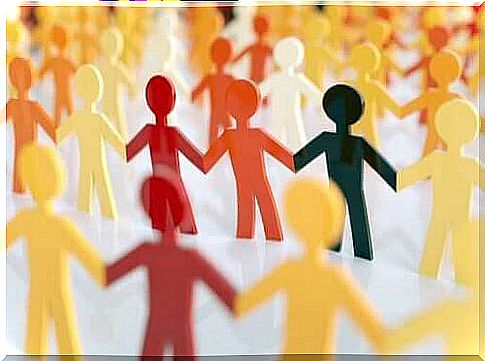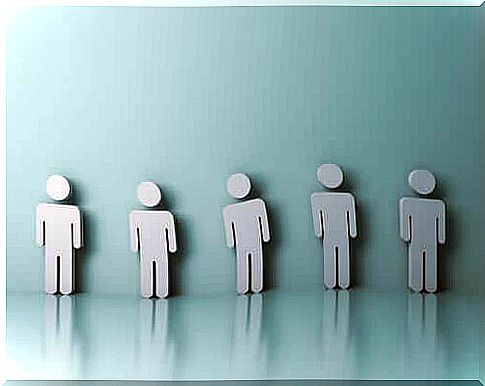Is Charity The Same As Solidarity?

The growing gap between rich and poor in our modern society means that a significant portion of the population has to get by on very limited resources. Every day we see in the media the images of terrible things that happen to our fellow human beings around the world. Therefore, issues such as charity and solidarity become very relevant, especially in this context.
Up to what point are you responsible for the life and fate of other people? We live in a world in which solidarity with one another is becoming increasingly important. Gradually, more and more people are becoming aware of what is currently going on in the world. Therefore we want to dedicate today’s article to solidarity and social justice.
Background information
The system of social actions and services that we have today has changed a lot over time and has changed from one model to the next. According to Picornell, MA (2013) there are the following models:
- Charity
- Social services
- Welfare
- social care
- social insurance
In the past, the state was not responsible for protecting its citizens. Any social support for people in need came exclusively through charity and voluntary donations. Over time, this situation has changed completely. Today the state is responsible for providing a social system to ensure the well-being of its citizens.
In the past, charities consisted of giving change or food, caring for orphans, or caring for people in hospitals, among other things. In addition , people felt that poverty was either legitimate (due to illness or loss of parents) or illegitimate (due to vice or laziness).
Charity, Solidarity and Social Justice
According to Giraldo and Ruiz-Silva (2015), the concept of charity is based on giving alms. Furthermore, it has nothing to do with justice or equality and does not enable the recipients to become more independent. Instead, it is the helping person who feels better because of the action. However, it is important that we remember that it is ultimately governments who are responsible for protecting their citizens.
Although solidarity is often associated with philanthropy, charity, altruism and brotherhood between people (Vargas-Machuca, 2005, cited by Giraldo and Ruiz-Silva, 2015), it is very different from the above definition.
Solidarity is the human response to today’s contradictions (Barcena, 2006). Hence, solidarity encompasses everything from temporary relief to daily and permanent efforts to reduce human suffering. The fight for more justice is also part of it.

The struggle for social justice
The term social justice came about because of the perceived injustice that reigns in our world and the resulting need to create a better society.
Today the concept of “social justice” is very complex and dynamic. For the United Nations (UN), social justice is a fundamental prerequisite for peaceful and successful coexistence within and between countries. Therefore, the struggle for universal social justice is at the heart of the United Nations mission to promote development and human dignity.
The world is constantly changing. For this reason, it is vital to take positions that promote equality and justice among people. It is not about solving difficult situations temporarily. Rather, the goal is to equip people with the tools and resources they need to improve their lives in the long term.
In summary, we can state that social justice should be a dynamic project that we will never really complete or end (Griffiths, 2003). We should constantly strive to create a better world for all people.









